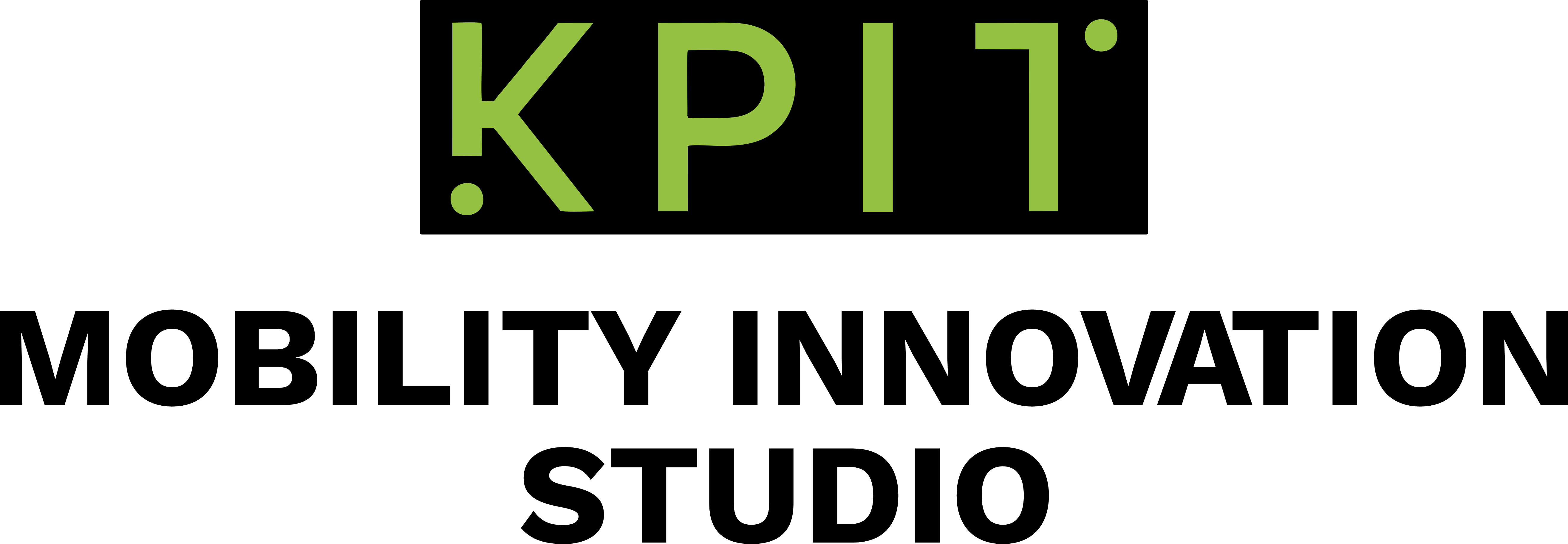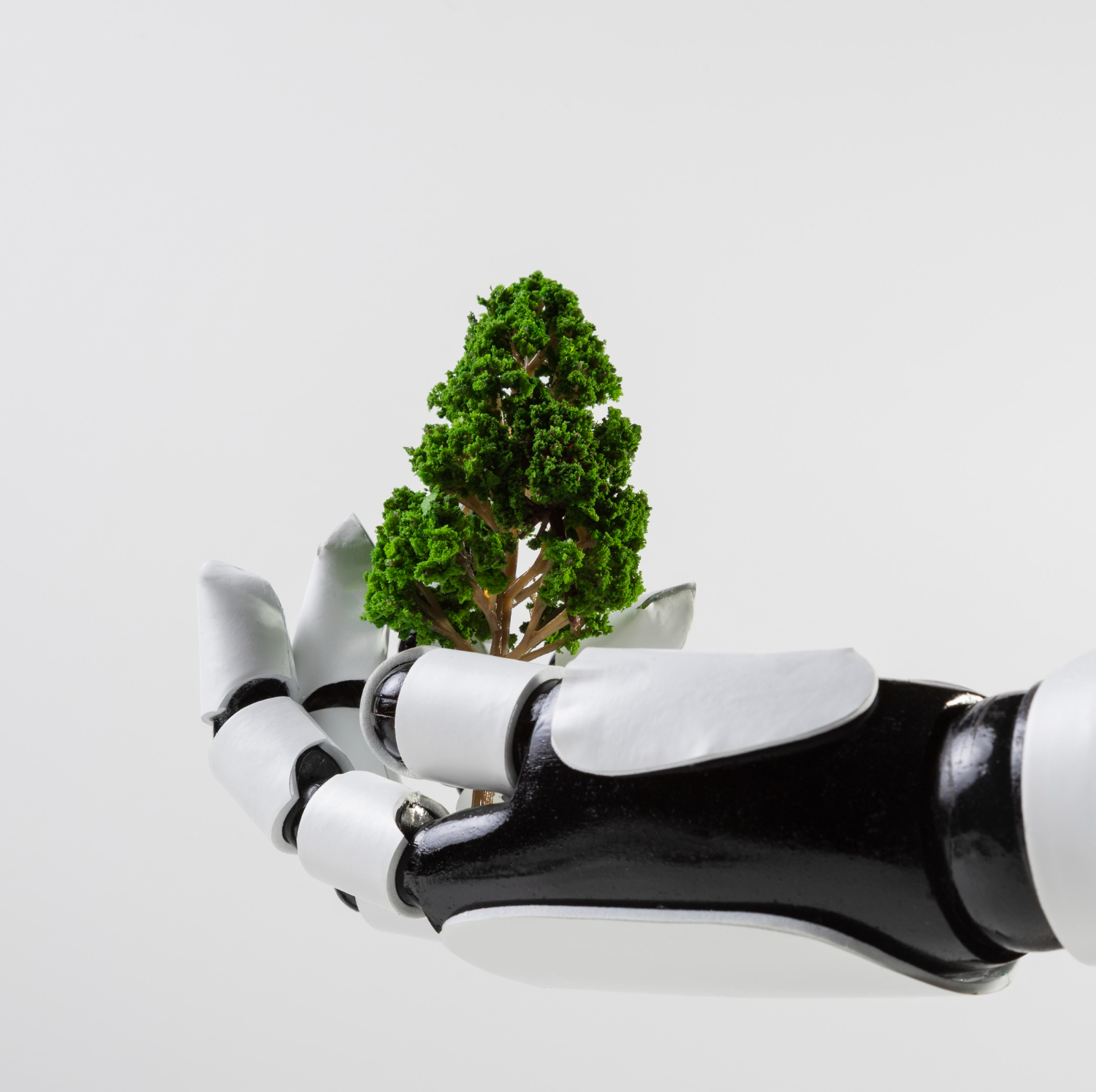Two concepts that are changing the way we live, work, and interact with the environment are artificial intelligence (AI) and machine learning (ML). These phrases have become increasingly prominent in the rapidly changing field of technology. Not only slogans, these revolutionary technologies are driving forces behind a deep revolution that is reshaping entire sectors of the economy and launching a period of incredible efficiency and creativity.
Recognizing the Basis: AI and ML What is meant by artificial intelligence (AI)?
The creation of computer systems that are able to carry out activities that normally require human intelligence is the essence of artificial intelligence. This includes a broad variety of skills, including language translation, visual perception, and speech recognition, and problem-solving.
Machine learning (ML) is a branch of artificial intelligence (AI) that uses statistical models and algorithms to help computers become more proficient over time at a given activity without the need for explicit programming. Essentially, it’s about machines becoming more functional by learning from data and experiences.
ML and AI in Daily Life
1. Digital Assistants:
The emergence of virtual assistants, such as Google Assistant, Alexa, and Siri, is a prime example of how AI has permeated every aspect of our everyday life. By using machine learning and natural language processing, these systems can comprehend and react to human commands, improving the intuitiveness of our interactions with technology.
2. Recommendation Systems:
ML algorithms-powered recommendation systems assess user behavior and preferences to deliver tailored suggestions, improving user experiences, whether they are recommending movies on streaming platforms or items on e-commerce websites.
3. Healthcare Diagnostics:
AI and ML are transforming diagnostics in the healthcare industry. These technologies are increasing precision, accelerating diagnoses, and facilitating the development of more efficient treatment regimens in a variety of fields, from radiology image identification to personalized medicine genetic data analysis.
4. Financial Services:
Algorithmic trading, risk assessment, and fraud detection are among the uses of AI and ML in the financial sector. Large volumes of data are analyzed in real time by these technologies, which improves overall financial transaction security and allows for better informed decision-making.
AI and ML in Industry and Business
1. Predictive analytics:
To forecast trends, consumer behaviour, and market dynamics, businesses are utilising AI-driven predictive analytics more and more. Proactive decision-making is made possible, which enhances overall efficiency and optimises operations.
2. Supply Chain Optimization:
To optimise supply chain procedures, machine learning techniques are being used. Artificial intelligence (AI)-powered solutions are improving the robustness and effectiveness of supply chains globally, from demand forecasting to inventory management.
3. Automation of Customer Service:
Chatbots and virtual assistants powered by AI are revolutionising customer service. Routine inquiries may be handled by these automated technologies, freeing up human agents to concentrate on more intricate and subtle client interactions.
Difficulties and Ethical Issues:
Despite the enormous potential of AI and ML, there are drawbacks. Careful thought must be given to issues relating to algorithmic bias, data privacy, and the possible effects on employment. As these technologies develop further, maintaining a balance between innovation and ethical issues becomes increasingly important.
Looking Ahead: AI and ML’s Future
Based on their current trajectory, artificial intelligence (AI) and machine learning (ML) will become increasingly more essential in forming companies and societies in the future. The possibilities are endless, ranging from natural language processing innovations to self-driving cars and sophisticated robots. In order to guarantee that AI and ML genuinely contribute to a better and more interconnected society, responsible development, ethical application, and ongoing innovation will serve as our guiding principles as we traverse this fascinating frontier. The future appears to be one in which the distinctions between artificial and human intellect will become less clear, opening up new avenues for advancement and comprehension. However, the trip has only just begun.





